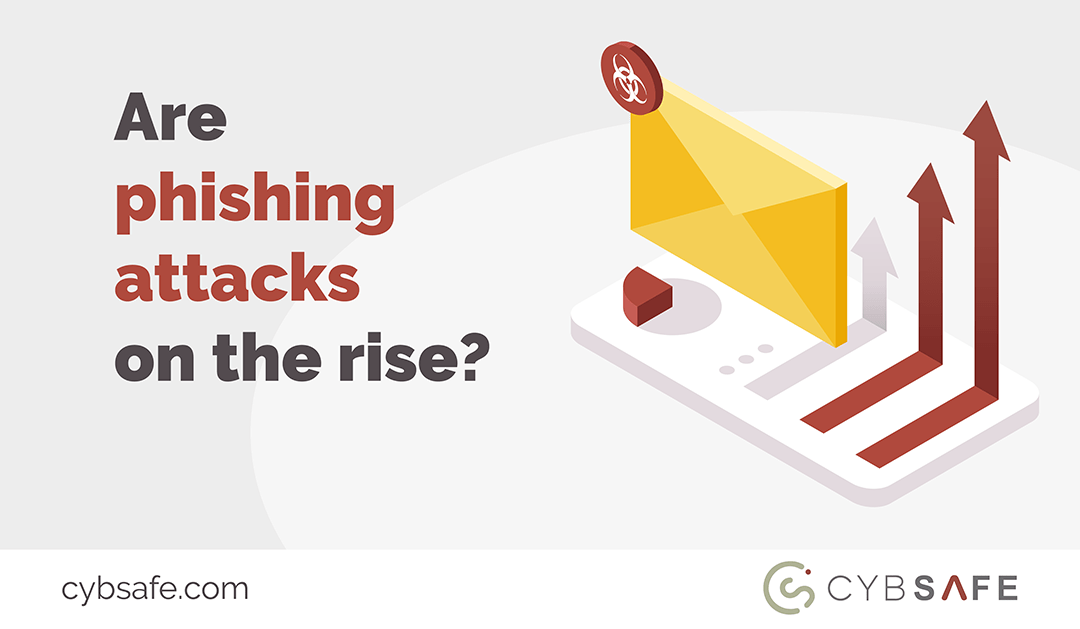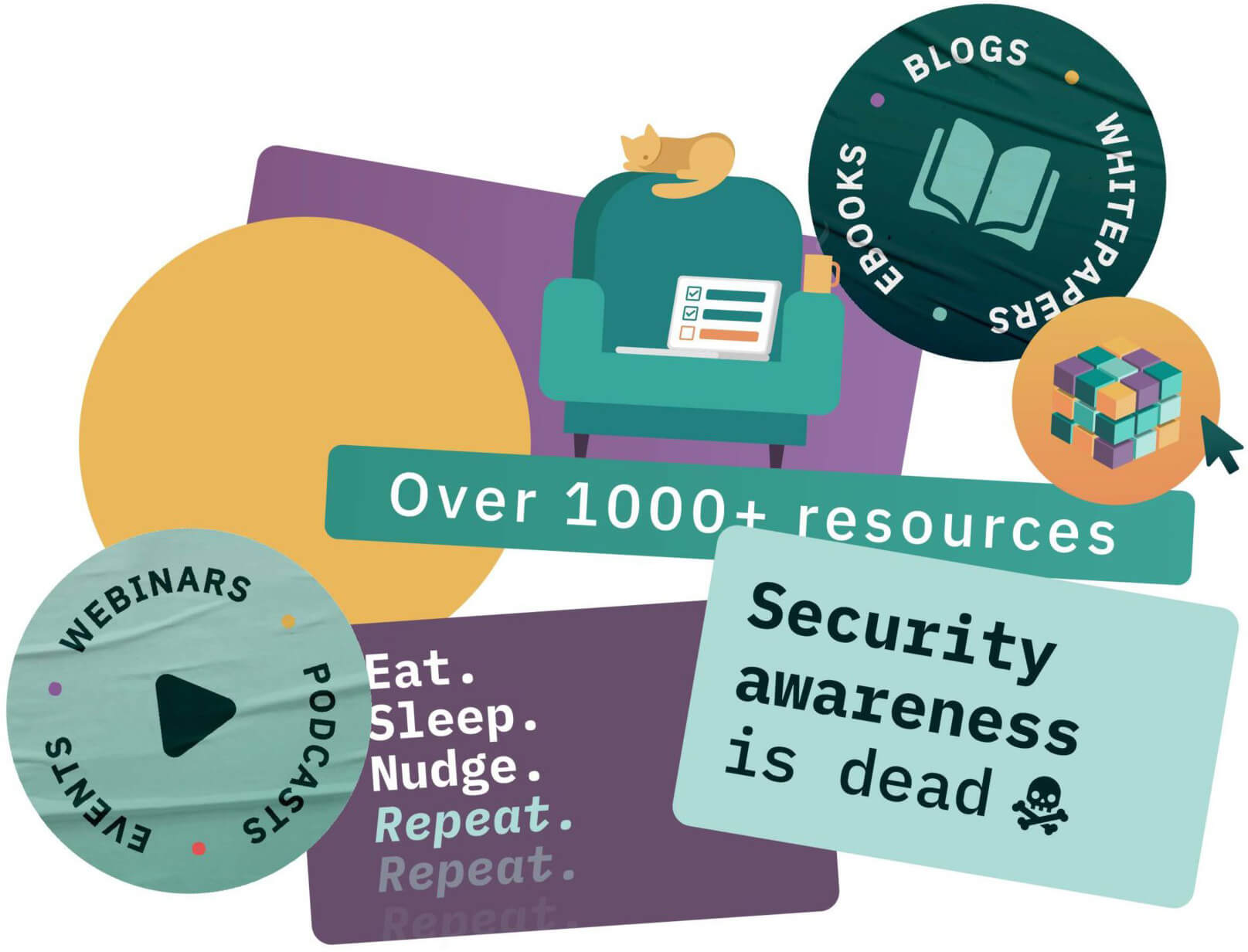In 2018, some reports suggest the number of phishing attacks are falling. Is that really the case?
Phishing attacks have been on the rise for a long time now.
According to the UK government’s most recent cyber security breaches survey, they cause more data breaches than any other type of cyber attack – and they have done for a long time.
Some reports suggest phishing attacks are decreasing
But some recent reports seem to suggest that, after years of increasing, the proportionate number of phishing attacks are now decreasing.
Symantec, for example, continuously monitor phishing rates as part of their Internet Security Threat Report. According to Symantec’s monthly reports, phishing rates almost halved between January 2016 and July 2018.
| Jan 2016 | July 2016 | Jan 2017 | July 2017 | Jan 2018 | July 2018 | |
| Phishing rate | 1/1794 emails | 1/1886 emails | 1/3271 emails | 1/1968 emails | 1/2836 emails | 1/3190 emails |
Symantec reports that in Jan 2016, 1 in every 1794 emails was a phishing email. In July 2018, it was 1 in every 3190.
Are phishing attacks still a threat?
So is the phishing threat indeed half what it once was?
To anyone working in security, the idea seems intuitively absurd. And rightly so. Because phishing rates, of course, don’t tell the full story.
Instead of revealing absolute numbers, phishing rates instead show the proportion of all sent emails over a given time period that were classed as phishing. The proportion can fall. But if the total number of emails sent simultaneously increases, phishing attacks can increase regardless.
So are phishing attacks on the rise or not?
Symantec don’t tend to report on absolute numbers of phishing attacks… but internet security company Kaspersky does.
Each quarter, Kaspersky reveals the number of times its Anti-Phishing system fired over the past three months. It’s a metric that gives a much more reliable indication of whether or not phishing attacks are on the rise.
According to Kaspersky:
- In 2015, their Anti-Phishing system was triggered 146,692,256 times
- In 2016 their Anti-Phishing system was triggered 154,957,897 times
- In 2017, their Anti-Phishing system was triggered 246,231,645 times
- And, in Q3 of 2018 alone, their Anti-Phishing system was triggered 137,382,124 times
The raw statistics seem to suggest phishing attacks are indeed on the rise.
Do the statistics underestimate the threat?
Kaspersky’s Anti-Phishing system fires as and when it spots malicious URLs – which are indeed a good indicator of phishing. But phishing threats also include things like business email compromise and malware distribution through malicious attachments.
Add these to the mix and it’s likely Kaspersky’s statistics under-report the phishing threat. As of Q3 in 2018, phishing attacks do seem to be increasing – despite reports of a global decrease in phishing rates.
It’s also worth pointing out that figures, in isolation, don’t tell the whole story. To truly understand the threat presented by phishing, we need to go beyond metrics. By viewing phishing through the lens of behavioural science, we can start to better understand the fundamental human emotions and desires that drive user actions.
Stay tuned for more…
CybSafe is a cloud-based cyber security software platform that leverages advanced data analytics and artificial intelligence to measure and improve cyber security awareness, behaviour and culture.
CybSafe’s intelligent software harnesses collective lessons across the cyber security community in a low cost per-user subscription to help businesses of all sizes improve cyber security behaviour and reduce cyber risk both internally and within their supply chains.
The GCHQ-accredited software helps businesses mitigate cyber risks such as phishing with greater certainty and greater impact, more cost effectively.
CybSafe is a British cyber security technology company. It is headquartered at Level39, the prestigious technology community based in Canary Wharf, London.







